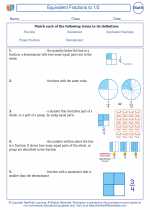Fractions Greater Than or Less Than 1/2 -> arithmetic
Arithmetic
Arithmetic is a branch of mathematics that deals with the study of numbers and the basic operations performed on them. The four fundamental operations of arithmetic are addition, subtraction, multiplication, and division.
Addition
Addition is the process of combining two or more numbers to find their total sum. For example, 3 + 4 = 7.
Subtraction
Subtraction is the process of taking away one number from another to find the difference. For example, 7 - 3 = 4.
Multiplication
Multiplication is the process of repeated addition. It is used to find the total of equal groups. For example, 3 x 4 = 12.
Division
Division is the process of separating a number into equal groups. It is the opposite of multiplication. For example, 12 ÷ 4 = 3.
These basic arithmetic operations form the foundation for more advanced mathematical concepts and are used in everyday life for tasks such as calculating prices, measuring quantities, and solving real-world problems.
.◂Math Worksheets and Study Guides Second Grade. Fractions Greater Than or Less Than 1/2
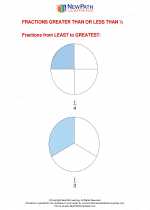
 Worksheet/Answer key
Worksheet/Answer key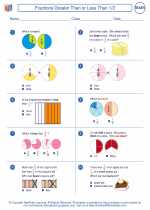
 Worksheet/Answer key
Worksheet/Answer key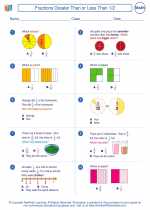
 Worksheet/Answer key
Worksheet/Answer key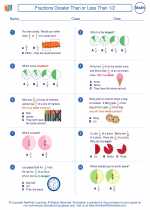
 Worksheet/Answer key
Worksheet/Answer key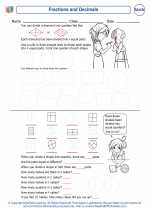
 Worksheet/Answer key
Worksheet/Answer key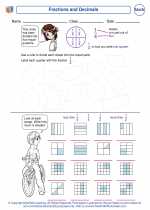
 Vocabulary/Answer key
Vocabulary/Answer key